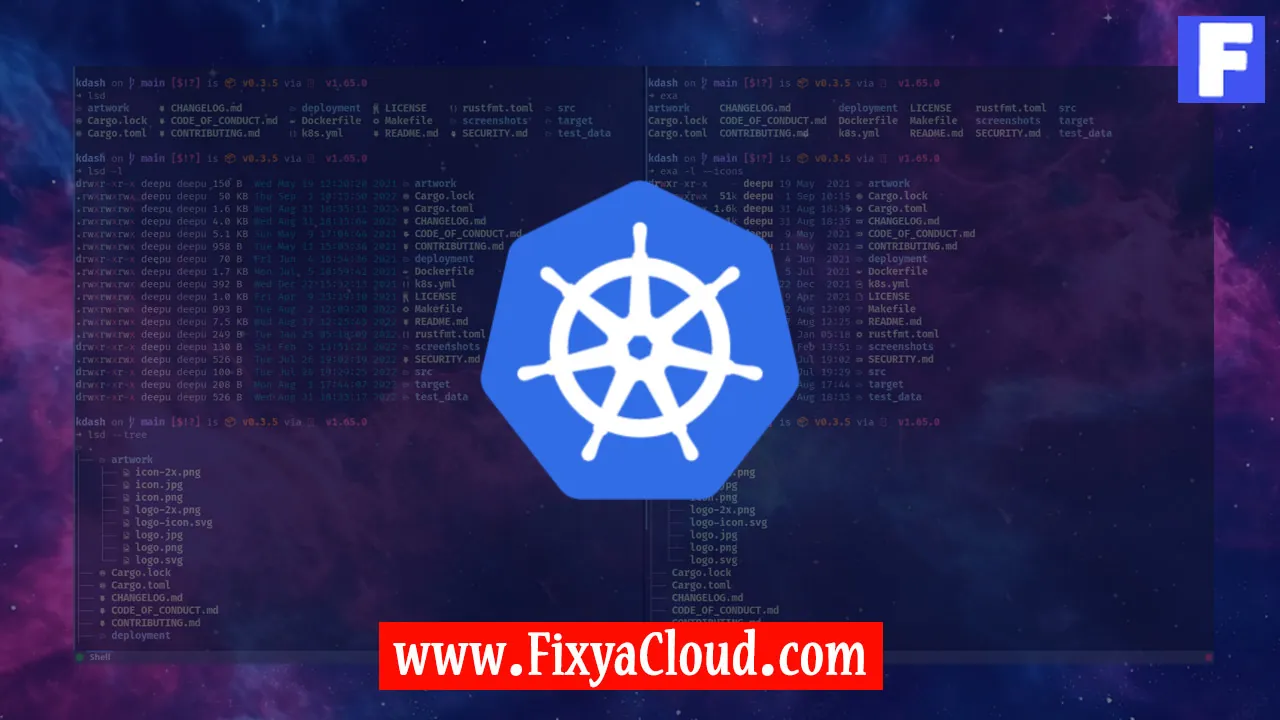How to Filter and Monitor Kubernetes Events

Kubernetes, the popular container orchestration platform, manages a myriad of events within its clusters. Monitoring and filtering these events is crucial for maintaining the health and performance of your applications. In this guide, we will explore the ins and outs of filtering and monitoring Kubernetes events, providing you with the tools to efficiently manage your containerized environment.
Understanding Kubernetes Events:
Kubernetes events provide valuable insights into the state of your cluster. These events cover various aspects, including pod creation, node failures, and configuration changes. Monitoring these events allows operators to detect issues early, troubleshoot problems, and ensure the overall stability of the cluster.
Accessing Kubernetes Events:
To begin monitoring events in Kubernetes, you'll need to access them. The following kubectl command retrieves the latest events in your cluster:
kubectl get events
This command displays a list of recent events, including information about the event type, reason, and timestamp.
Filtering Kubernetes Events:
Filtering events is essential to focus on specific aspects of your cluster. Let's say you want to see only events related to a specific namespace, for instance, "my-namespace." Use the following command:
kubectl get events --namespace=my-namespace
This command filters events based on the specified namespace, providing a more targeted view.
Advanced Filtering with kubectl:
For more granular control, kubectl allows you to filter events using field selectors. For example, to view events related to a specific pod, use:
kubectl get events --field-selector involvedObject.name=<pod-name>
Replace <pod-name> with the actual name of your pod.
Monitoring Events in Real-time:
Real-time monitoring is crucial for staying updated on the dynamic changes within your Kubernetes environment. The following command uses kubectl to watch events in real-time:
kubectl get events --watch
This continuously updates the event list as changes occur, providing a live feed of cluster activities.
Leveraging Third-Party Tools:
While kubectl commands are powerful, third-party tools like Prometheus and Grafana can enhance your monitoring capabilities. These tools offer advanced visualization and alerting features, providing a comprehensive view of your Kubernetes events over time.
Example: Using Prometheus and Grafana:
- Deploy Prometheus in your cluster:
kubectl apply -f https://raw.githubusercontent.com/prometheus/prometheus/main/documentation/examples/prometheus-k8s-custom-resources/monitoring.coreos.com_prometheuses.yaml
- Deploy Grafana:
kubectl apply -f https://raw.githubusercontent.com/grafana/helm-charts/main/charts/grafana/values.yaml
- Access Grafana's dashboard:
kubectl port-forward service/grafana 3000:80
Visit http://localhost:3000 and log in with the default credentials (admin/admin).
Setting Up Prometheus Data Source:
- Click on the "+" icon in the left sidebar and choose "Data Sources."
- Add a Prometheus data source with the URL: http://prometheus-k8s.monitoring.svc.cluster.local.
Creating a Kubernetes Events Dashboard:
- Import the Kubernetes Events dashboard from the Grafana Marketplace.
- Configure the dashboard to use the Prometheus data source.
Now, you have a comprehensive Kubernetes events dashboard in Grafana.
Effectively filtering and monitoring Kubernetes events is pivotal for maintaining a healthy and robust container orchestration environment. Whether using native kubectl commands or integrating third-party tools like Prometheus and Grafana, staying on top of events ensures proactive management and troubleshooting.
Related Searches and Questions asked:
That's it for this topic, Hope this article is useful. Thanks for Visiting us.
